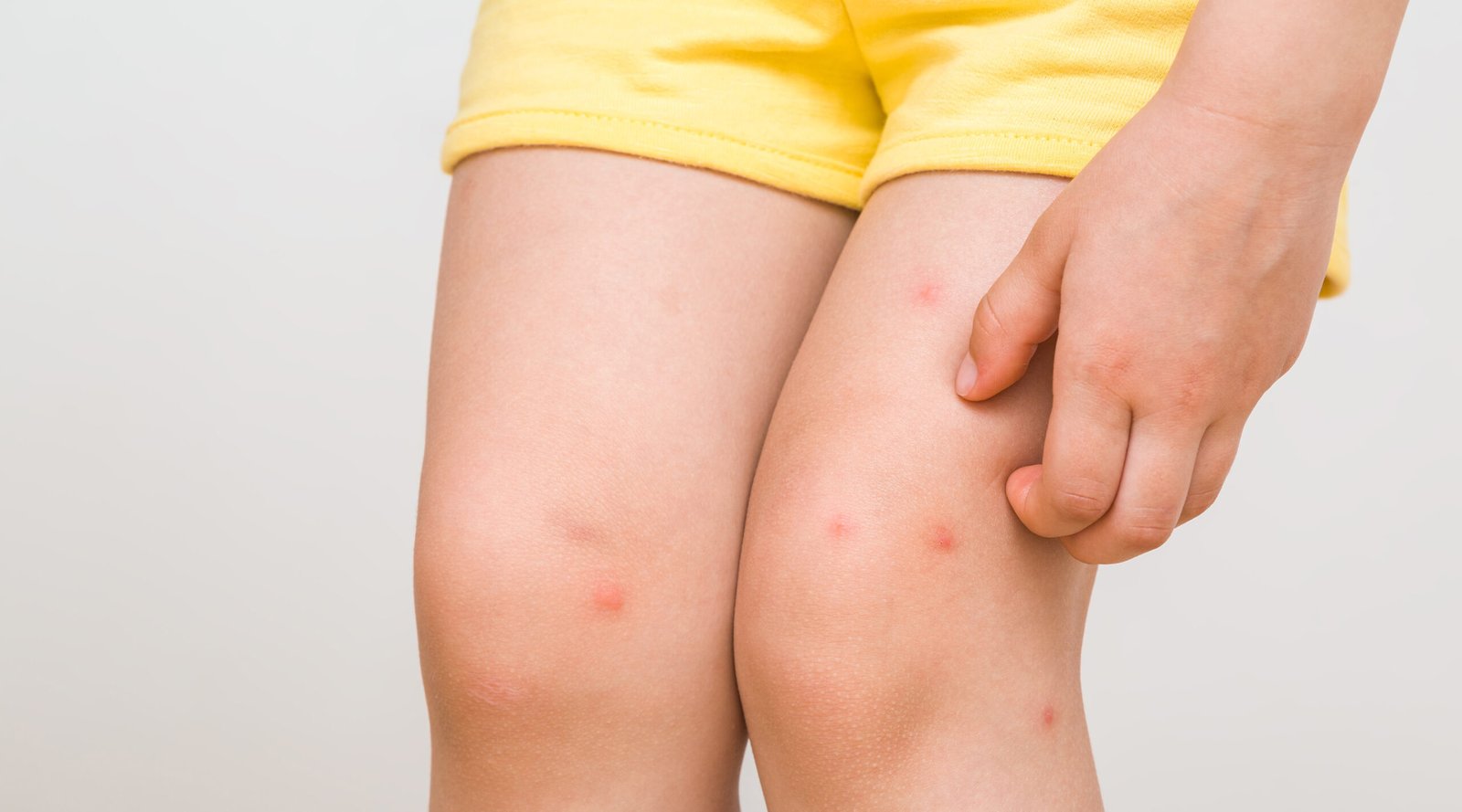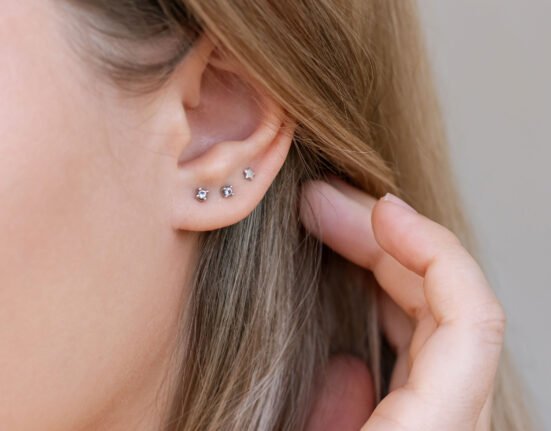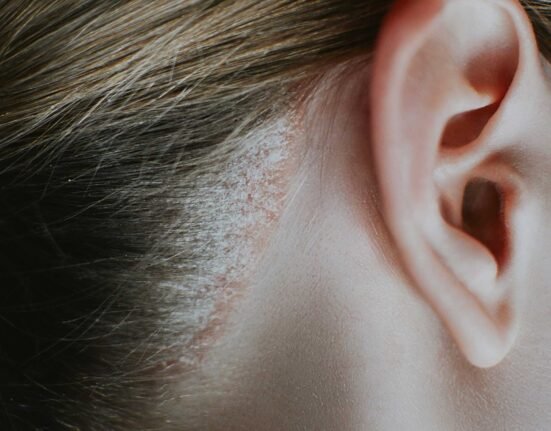Itchy Skin: How to Prevent Irritation and Infections
Itchy skin often makes people want to scratch for quick relief. Unfortunately, scratching can leave behind new problems such as scrapes, stinging pain, or even infections.
Scratches from nails are often dismissed as minor, but if left untreated, they can damage the skin and leave scars.
Let’s take a closer look at what causes itchiness that makes us instinctively scratch, and how to properly care for these scratches.
Why Do We Scratch Itchy Skin?

1. Extremely Dry Skin
Very dry skin easily becomes itchy. Once scratched, it can lead to irritation and open wounds. To prevent this, it’s important to keep the skin hydrated.
Use wund+™ Regeneration Cream to moisturize and repair dry skin. Its formula helps lock in moisture while soothing inflammation.
Also, choose gentle, fragrance-free cleansers that don’t strip the skin.
2. Insect Bites
Mosquito bites usually stop itching quickly. But other insect bites—such as bedbugs, lice, or mites—can cause persistent itchiness, making you scratch without realizing it.
If scratching leads to a scrape, clean it right away with wund+™ Wound Spray. Its gentle, sting-free formula helps protect the wound from infection.
3. Skin Conditions
Certain skin problems cause intense itching, like atopic dermatitis, eczema, hives, psoriasis, ringworm, or shingles.
Scratching in these cases can worsen the damage.
To soothe the itch while repairing damaged skin, use wund+™ Regeneration Cream. Its Microsilver content works as a natural antibacterial agent, helping to prevent infections from scratching.
4. Allergic Reactions
Red rashes and unbearable itching can also be caused by allergies, for example, to nickel, nail polish, shampoo, or fragrances.
The main solution is to avoid triggers. But if scratching causes a wound, clean it with wund+™ Wound Spray, then follow up with wund+™ Regeneration Cream to hydrate and protect the skin.
5. Aging Skin
As we age, the skin becomes thinner and loses moisture, making it more prone to dryness and itching. For older adults, using a daily moisturizer like wund+™ Regeneration Cream can help maintain healthy skin.
6. Nerve-Related Issues
Sometimes, itching is linked to nerve problems, such as after shingles (herpes zoster). Even when the rash has healed, the itch, tingling, or pain may persist.
Scratching only worsens the skin’s condition, so it’s best to focus on keeping the skin moisturized and cared for with safe, gentle products like wund+™ Regeneration Cream.
How to Prevent and Treat Scratches from Itchy Skin
1. Don’t leave wounds exposed
Clean them with wund+™ Wound Spray to lower the risk of infection.
2. Keep wounds moist
Apply wund+™ Regeneration Cream regularly to speed up skin recovery.
3. Treat scars if they form
Use wund+™ Scar Gel, enriched with Glycerin, Citric Acid, and Silicone to support skin regeneration. Its Micro-encapsulated Pigment helps fade scars naturally.
Don’t let small scratches turn into bigger problems. Care for your skin with the complete wound care range from wund+™.
References
American Academy of Dermatology Association. Accessed in 2025. 10 reasons your skin itches uncontrollably and how to get relief.
Mayo Clinic. Accessed in 2025. Itchy Skin (Pruritus).














Leave feedback about this